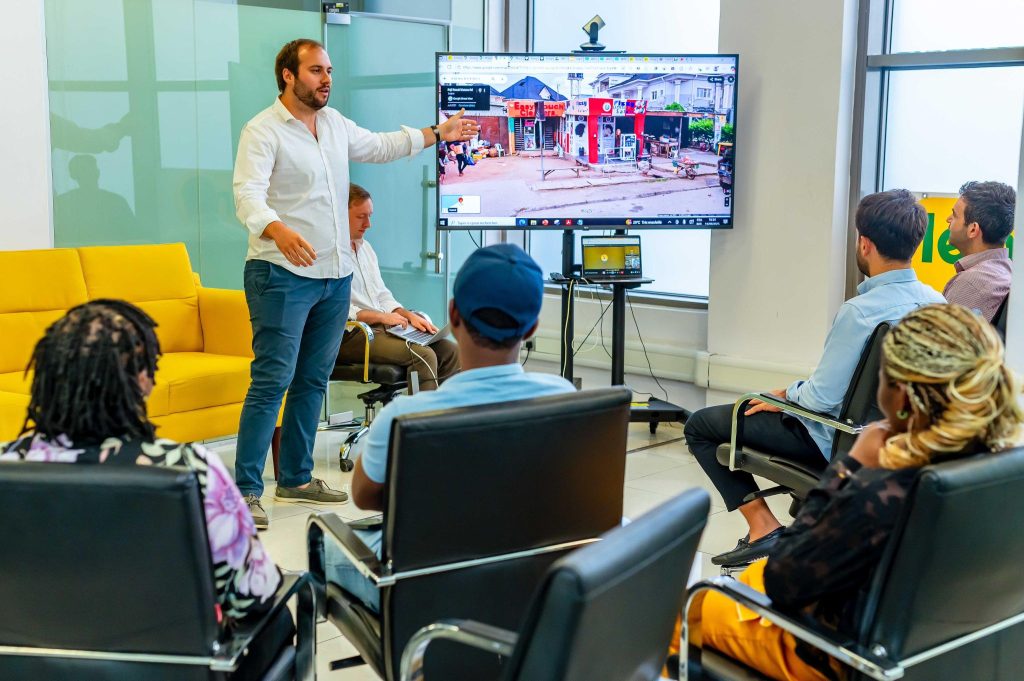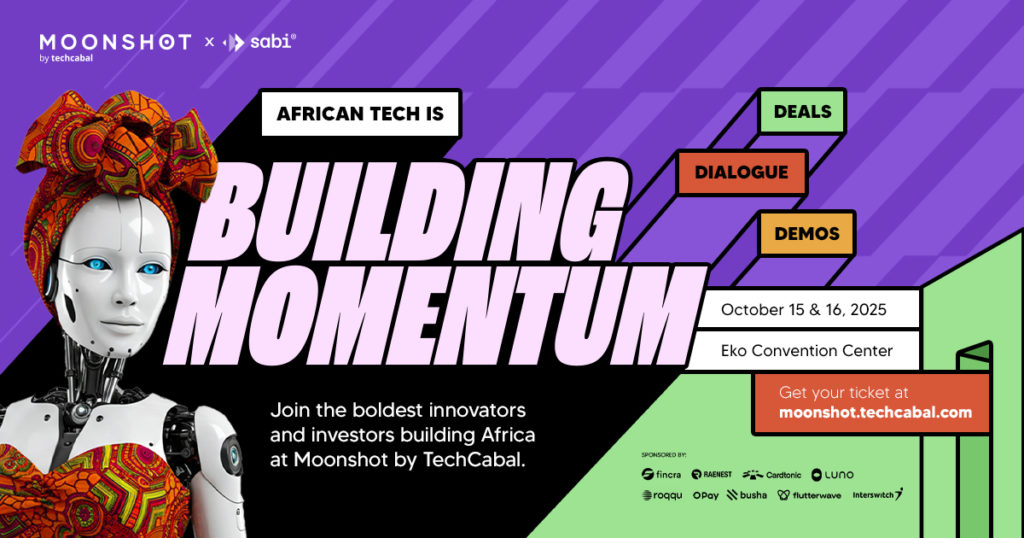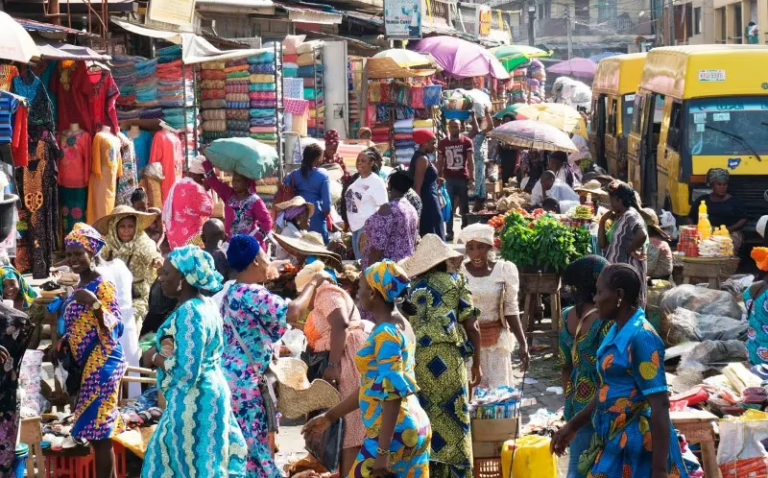In the bustling neighborhoods of Lagos, the majority of Nigerians purchase their daily essentials from small, informal shops stocked with items like soft drinks, instant noodles, and toiletries. However, for major consumer brands such as Coca-Cola, Unilever, and Dangote, these informal retail outlets remain largely unmapped, resulting in significant gaps that lead to inefficient marketing spend, disrupted supply chains, and reduced investment appeal.
Across Sub-Saharan Africa, informal retailers represent anywhere from 40% to 90% of total food sales. Yet, companies aiming to tap into this expanding consumer base often struggle with a lack of clear data on the number of outlets, their inventory, and the velocity of product movement.
Founded in 2022 and headquartered in Lagos, Lengo is a startup leveraging artificial intelligence to address this challenge. Supported by investors like Ventures Platform, P1 Ventures, Launch Africa, and Acasia Ventures, and participating in the Google for Startups Accelerator: AI First program in Africa, Lengo’s mission is to equip global fast-moving consumer goods (FMCG) companies with accurate, actionable insights in markets where data is often fragmented or unreliable. “There’s minimal transparency regarding what products are sold, in what quantities, and to which customers,” explains Max Smith, Lengo’s CEO and co-founder.
Unlocking the informal retail sector
Although Lengo is now based in Lagos, its journey began in Senegal after a global FMCG client approached Smith to help update its retailer database. “We discovered twice as many shops as they had recorded,” Smith recalls. “That was a clear indication of a significant information gap.”
Initially, Lengo deployed field agents to canvass neighborhoods, interviewing shop owners and tallying outlets. This approach proved expensive and slow, with data often outdated by the time it was compiled. To accelerate growth, the company integrated technologies such as Google Street View and proprietary AI algorithms to digitally detect shops, identify storefronts, map their locations, and categorize store types.
In 2024, Lengo expanded its operations to Nigeria, where it estimates nearly one million informal shops dominate consumer goods sales.
“Our technology can identify stores across various sectors-food and beverages, pharmacies, telecommunications, beauty salons-from Nigeria to India, wherever Street View data is available,” Smith notes.
Once retail clusters are mapped, Lengo engages shop owners through targeted Instagram and Facebook advertisements, onboarding them via WhatsApp. Verification involves shopkeepers submitting photos of their storefronts, which are geotagged and authenticated by Lengo’s team. Since Google Street View coverage is incomplete, Lengo also relies on referrals from existing retailers to broaden its network. Incentives like airtime credits, exclusive discounts, and promotional offers encourage shopkeepers to invite peers, with referrals now accounting for 30% of Lengo’s growth, according to Smith.
Expanding beyond Street View’s limitations could also benefit Google, which aims to enhance mapping in underrepresented markets, as well as FMCG companies seeking deeper insights into consumer access points.
Additionally, Lengo enriches its database by integrating fragmented retailer lists from FMCG partners, merging these with its own mapping data to deliver a more holistic picture of the retail ecosystem.
Fostering trust between retailers and major brands
Despite the vast number of informal businesses-estimated at around 40 million in Nigeria-large corporations currently reach only a small fraction. “Brands often assume they have widespread coverage,” Smith says, “but data reveals they might only be present in 20% of stores within a given area.”
Without clear visibility, FMCGs face challenges in demand forecasting and distribution planning. Lengo’s platform offers granular, store-level insights into product availability, market share, and competitive dynamics. It also opens direct marketing channels, enabling beverage companies to send promotions straight to retailers via WhatsApp.
“Users prefer straightforward tools that provide immediate value,” Smith explains. “We initially launched a standalone app, but it was cumbersome due to storage and onboarding issues. WhatsApp, however, is already ingrained in shopkeepers’ daily routines.”
In regions like Nigeria, where trust can be fragile and reported data may not always be accurate, Lengo incorporates verification measures. Retailers submit time-stamped, geolocated photos of their shops and inventory to ensure data integrity.
“Ensuring the authenticity of ground-level data at scale is our core objective,” Smith emphasizes. To motivate participation, Lengo offers rewards such as airtime top-ups and promotional deals, alongside conducting periodic in-person visits to gather feedback from retailers using the platform.
Lengo monetizes its services by charging FMCG companies for access to real-time retail and distribution data. Some clients also invest in targeted marketing campaigns delivered through Lengo’s expanding WhatsApp retailer network. The primary revenue source stems from large brands seeking enhanced visibility into informal markets like Nigeria.
Beyond data collection, Lengo has introduced an “AI co-pilot” for retail in emerging markets, powered by OpenAI technology and enriched with Lengo’s proprietary datasets. This tool enables FMCG managers to query market share data, identify distribution gaps, and receive instant, strategic recommendations in clear language.
“Ultimately, it’s like having a reliable AI advisor at your fingertips,” Smith remarks.

Competitive dynamics in the market
Lengo operates within a growing ecosystem of African startups aiming to digitize the informal retail sector. For example, OmniRetail’s Omnibiz platform in West Africa focuses on streamlining supply chains by facilitating ordering, delivery, and credit services for informal retailers, rather than offering independent, market-wide intelligence. Smith highlights that Lengo’s strength lies in delivering a comprehensive, real-time overview of stock levels, pricing, and market share across multiple categories. In contrast, platforms like Omnibiz provide insights limited to the products they distribute, representing a narrower market segment.
Moreover, FMCG companies often maintain their own retailer databases, posing internal competition. However, Lengo’s unique blend of AI-powered mapping, up-to-the-minute analytics, and competitive intelligence-especially through its AI co-pilot-gives it a distinct advantage. As Smith explains, FMCGs now demand not only knowledge of their product placements but also clarity on where competitors are gaining traction.
Ambitions for global expansion
Operating from Lagos, Lengo has already mapped over 200,000 shops across Nigeria and is rapidly growing in regions such as Ibadan and Kano. The company has also initiated pilot projects in India and Latin America. “We are already mapping informal retail channels on a global scale,” Smith states. “From Lagos, we’re extending our reach to stores in India and Southeast Asia.”
Future plans include expanding into sectors like pharmacies, hardware stores, and cosmetics, as well as developing consumer-facing applications that allow shoppers to locate nearby stores stocking essential products.
Lengo’s overarching vision is to transform Africa’s fragmented retail landscape from a challenge into an opportunity. “Our goal is to eliminate guesswork in emerging markets by bringing merchants online at scale,” Smith concludes.
Save the date! Moonshot by TechCabal returns to Lagos on October 15-16. Join Africa’s leading founders, creatives, and tech innovators for two days of inspiring keynotes, networking, and forward-thinking ideas. Secure your tickets now at moonshot.techcabal.com.




















0 Comments